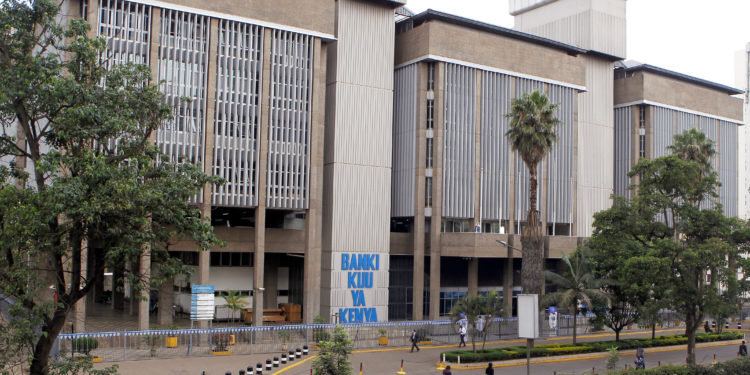In this week’s Treasury Bill auction, the Central Bank of Kenya (CBK) announced an unexpected development as the bills experienced undersubscription after a month of robust demand.
The securities witnessed an undersubscription rate of 75.6%, contrasting with the prior week’s 123.4% oversubscription rate. Notably, this shift occurred as yields continued to climb, in line with expectations from analysts and investors, with the anticipation that rates would persist in their ascent.
One plausible reason for this undersubscription appears to be the growing caution among investors due to heightened scrutiny of potential risks. Recent experiences with treasury bills and bonds in Ghana have made both prospective and existing investors more circumspect. This perception of elevated default risk associated with the Kenyan government may be attributed to several factors and concerns within the financial market.
First, Kenya faces substantial debt obligations in the upcoming months, most notably the maturation of the Eurobond in 2024, which presents a considerable challenge for the government to address. Simultaneously, the Kenya Revenue Authority’s Q1′ 2023 results fell short of the revenue collection target by Ksh. 79 billion. The prevailing global economic slowdown compounds investors’ skepticism.
Nevertheless, it is essential to consider that the risk of default in Kenya remains relatively low. Notably, there has been no history of default in the past two decades. While the current circumstances may differ, this historical record offers a valuable reference point. Moreover, the government has outlined various measures and strategies to meet its debt obligations.
The government has initiated discussions with the International Monetary Fund (IMF) and other development financial institutions to secure a new loan for the USD $2.0 billion (Sh297.6 billion) Eurobond. Both the World Bank and IMF have consistently praised Kenya for its commitment to fulfilling this objective. The discussions and the review of additional funds are slated for December, with strong indications that the loan will be disbursed. While the sustainability of this strategy can be debated, it does mitigate or delay the risk of default on loans.
The recent undersubscription may not necessarily signal negative implications; instead, it may signify a shift towards more cautious investment decisions. Investors could be reassessing their risk exposure across various assets and adjusting their portfolios accordingly. This underscores the importance of informed decision-making and thorough research at every stage of the investment process.
Kenya’s treasury bills continue to offer attractive returns, and the country maintains a relatively low risk of default. The recent undersubscription reflects a prudent approach by investors in light of global economic uncertainties. It is hoped that the government will engage more actively with stakeholders in the days ahead, providing detailed insights into its measures for mitigating debt repayment risks and assuring investors of prudent debt management in the coming months.


















